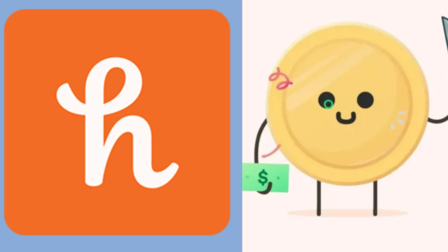Many online shoppers know PayPal Honey as a useful browser extension that promises to help them find the best deals and coupon codes while shopping. However, behind this seemingly helpful tool lie some worrying practices that may be of concern for both content creators and consumers, as a recent investigation by the YouTube channel MegaLag found out.
The Secret Affiliate Commission Scheme of Honey
The controversy is within how Honey manages affiliate commission payments. Whenever you get to an online store because of a link from an influencer or a video creator, the influencer or video creator should theoretically receive a small percentage that they earn off your sale. They are supported through this system. It costs you nothing else.
However, the investigation reveals that Honey secretly interferes with this process. When you use the extension during checkout, it quietly removes the original creator’s affiliate tracking and replaces it with its own. This means PayPal, Honey’s parent company, pockets the commission instead of the creator who led you to the product.
What is especially unsettling about this is that many creators have gone around promoting Honey on their channels without being aware that they are advertising a service that takes from them at the end of the day. The simple fact here is that the creators were unknowingly promoting a product that deprived them of money.
Shady Deals for Shopper
The problems don’t stop with creators. The investigation also revealed concerning practices affecting everyday shoppers. While Honey claims to find the best available discounts, it apparently doesn’t always show users all available coupon codes.

Here’s how it works: When retailers join Honey’s cashback program, they control what coupons the extension shows users. That means that merchants can deliberately hide the better discounts that are widely available elsewhere, showing Honey users only the deals preferred by the merchant.
Many shoppers trust Honey completely and hence do not bother checking elsewhere to see if more coupons may be available as they know the extension would catch all the good deals. Therefore, it may miss higher savings which are indeed somewhere but opt for lower deals from Honey.
The Trust Problem
This revelation points to even more significant issues with trusting digital shopping tools. People install Honey, thinking it only works in their favor, but the reality seems to be way more complicated. The extension seems to be prioritizing its profit over both creator compensation and consumer savings.
The controversy surrounding Honey raises crucial questions about transparency in the affiliate marketing industry and also the ethical responsibility of firms operating in this space. Many influencers who have used Honey in the past are now reconsidering their endorsements because of this disturbing news. As consumers become aware of these practices, this could lead to a backlash against tools like Honey promising savings but failing to fulfill their promises.
What Can Consumers Do else than using Honey?
Given these findings, online consumers may need to rethink their reliance on auto-discount tools. Options include:
- Manually searching for coupon codes on reputable deal websites
- Using direct links to your favorite creators when purchasing
- Shopping around to compare multiple sources for deals before making a purchase
- Beware of tools that claim to automate deal-finding
The Honey investigation reminds us that even the most popular and widely trusted shopping tools are not always acting in users’ best interests. The evolution of online shopping calls for more knowledge and healthy skepticism toward automated solutions.






